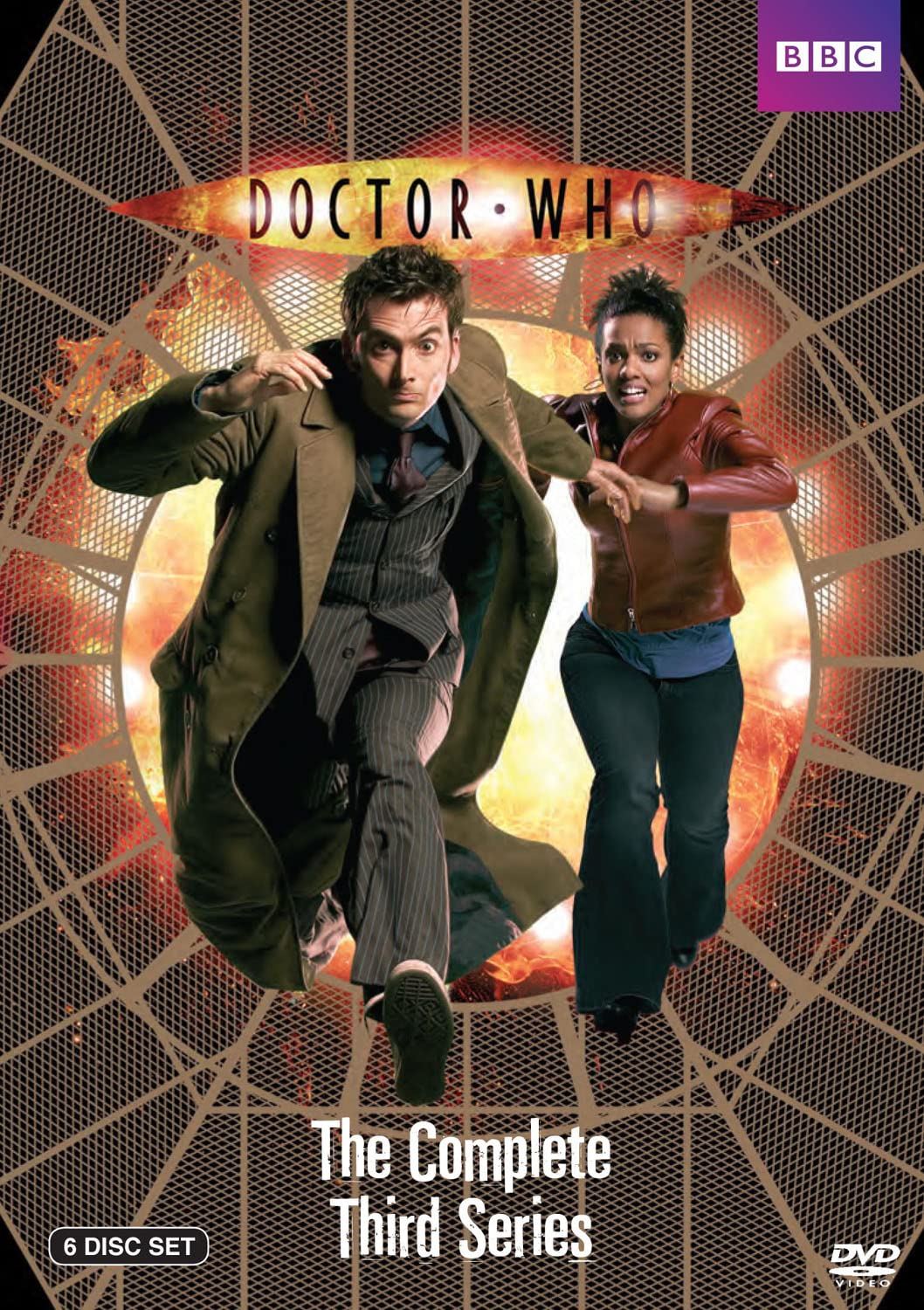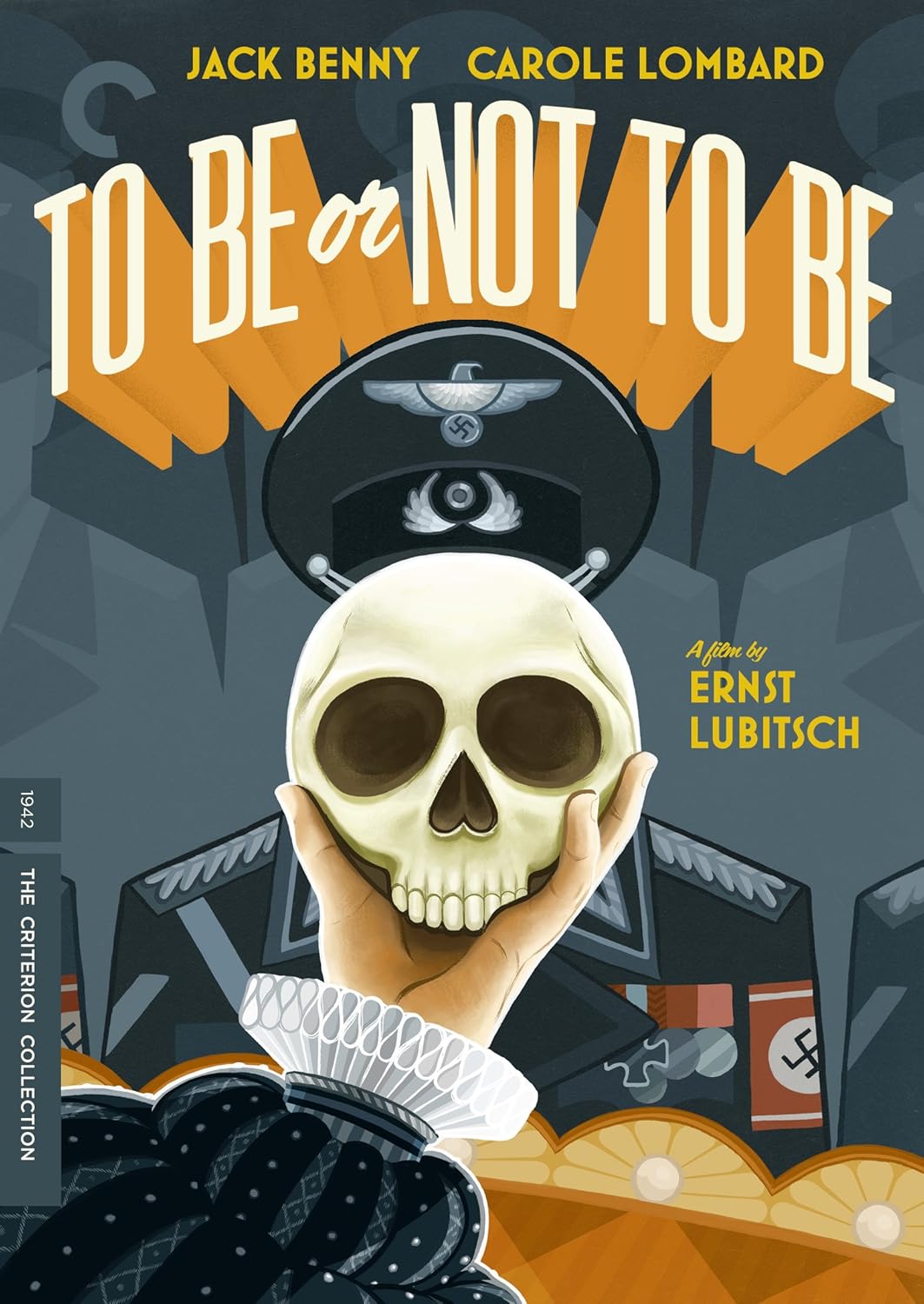 Last Action Hero. Dir. John McTiernan. Perf. Arnold Schwarzenegger, F. Murray Abraham, Art Carney, and Austin O'Brien. 1993. DVD. Sony, 2007.
Last Action Hero. Dir. John McTiernan. Perf. Arnold Schwarzenegger, F. Murray Abraham, Art Carney, and Austin O'Brien. 1993. DVD. Sony, 2007. While looking through a folder of scholarly articles on Shakespeare, I came across Eric S. Mallin's tremendous and seminal work on Shakespeare and Schwarzenegger.
Mallin, Eric S. “‘You Kilt My Foddah’; or Arnold, Prince of Denmark.” Shakespeare Quarterly 50 (1999): 127-51.I keep meaning to require it as reading for my Shakespeare and Film class—and I'll certainly do so next time. The way the article reads deeply into the film and into Shakespeare is intriguing.
For example, Mallin points out the interest of the choice the teacher (played by Joan Plowright, Lawrence Olivier's widow) makes in showing a scene from Olivier's Hamlet.
The connection-by-marriage is obviously interesting. But, more interesting that that, is the teacher's decision to show the Claudius-at-prayer scene to support her thesis that Hamlet is "one of the first action heroes." Mallin says that "The weight of the wish in Danny's dream of Shakespeare and the appropriateness of Arnold as a bearer of this weight are of course that Hamlet become an agent of immediate, uncompromising revenge and destruction, not of mediation and equity" (130).
To follow Mallin, Hamlet works because its hero is an inaction hero. We know what action heroes might (and will) do, but we wonder constantly what Hamlet will do, how he'll do it, and (to an extent) why he doesn't.
That's an unformed thought, but I have a semester or two to work on it. In the meantime, enjoy the scene below!


































